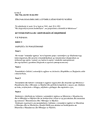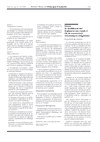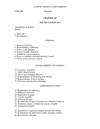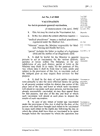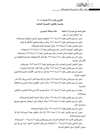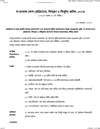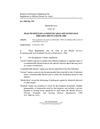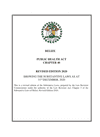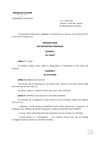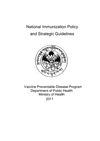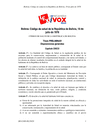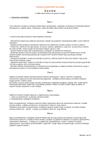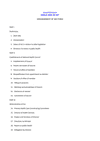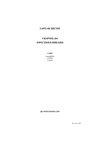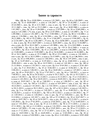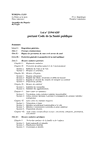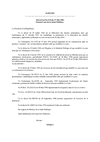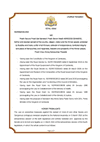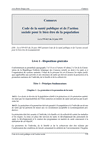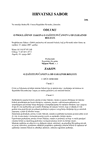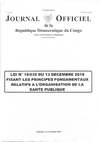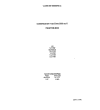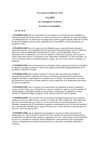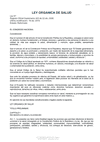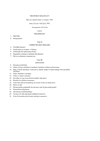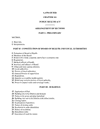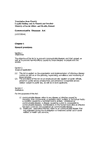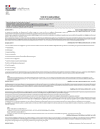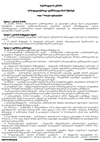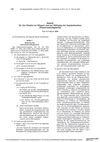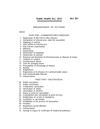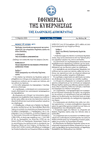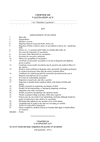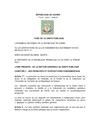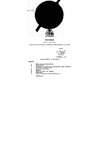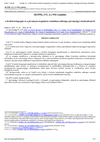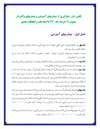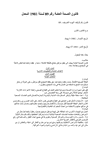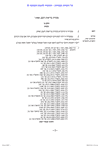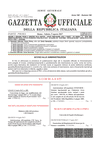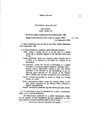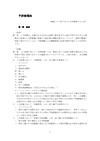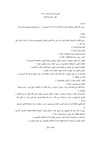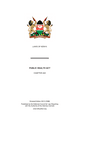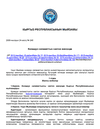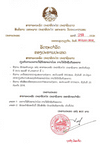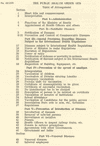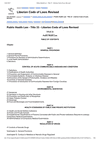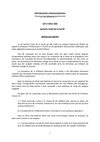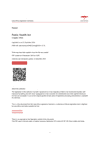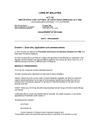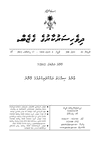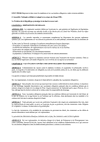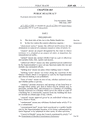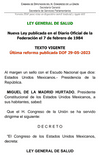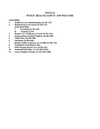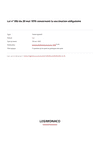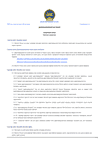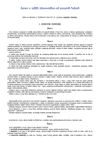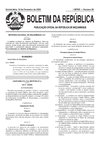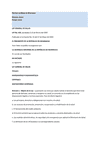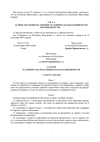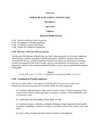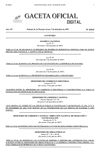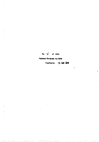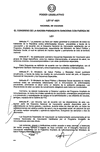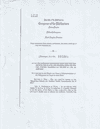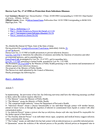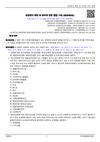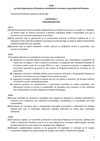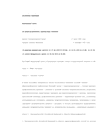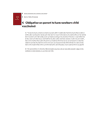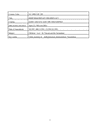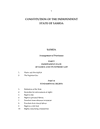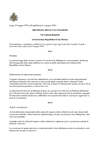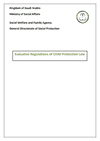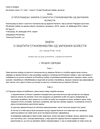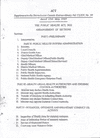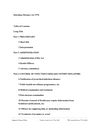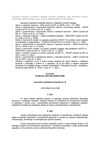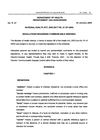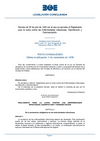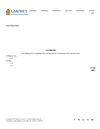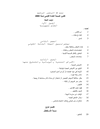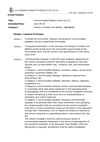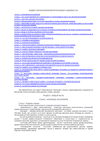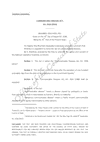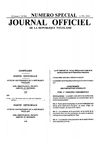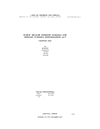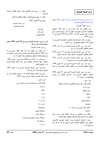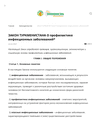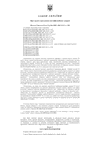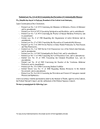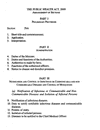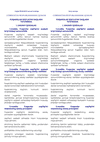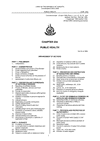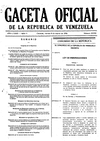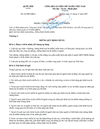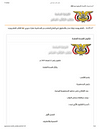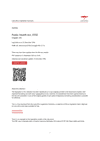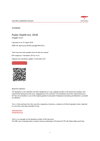General vaccination policies
Source: We consulted the national legislature websites for each country to find their childhood vaccination policies. These sites were accessed between October 2023 and February 2024. The development of this subtopic was informed by Eagan et al, Rezza, and [Garnier et al](https://doi.org/10.1093/ofid/ofaa088 https://www.who.int/teams/immunization-vaccines-and-biologicals/essential-programme-on-immunization).
Routine childhood vaccination is a critical component of global health security. However, over the past decade, regional variations in vaccine uptake trends have highlighted remaining challenges to ensuring adequate global vaccination coverage. Enforceable vaccine policy presents one approach to increasing vaccine coverage. In many countries, vaccine mandates have been an effective tool for reducing outbreaks of vaccine-preventable diseases. Due to their efficacy, vaccinations have been a significant area of focus over the past decade, yet the majority of studies on vaccine coverage have focused on the factors contributing to negative vaccination attitudes or anecdotal evidence on interventions that have increased vaccine uptake. While these areas of research are valuable, the global regulatory environment foundational to contextualizing rates of childhood vaccine uptake remains relatively unexplored.
Here, we map and analyze the legally enforceable policies that require the vaccination of a child with at least one vaccination. We captured all policies related to the topic that currently exist within a country. Plans for country acceptance and implementation of the World Health Organization’s Expanded Programme on Immunization (EPI) were not included, as these were not found to be legally binding in any nation.
Source: We consulted the national legislature websites for each country to find their childhood vaccination policies. These sites were accessed between October 2023 and February 2024. The development of this subtopic was informed by Attwell & Navin.
Enforcement of routine childhood vaccination requirements is a critical component of upholding adequate vaccination coverage. For this work, we iterated upon a conceptual framework for assessing mandatory vaccination policies and their enforcement mechanisms proposed by Attwell and Navin (2019). To our knowledge, this work represents the first use of such a taxonomy for rigorously evaluating multiple components of vaccine policies at a global scale. Utilize the status justification to learn about the specific penalty employed by each country.
The categories utilized are defined as follows:
- 2 or more enforcement mechanisms: Two or more of the penalty categories defined below were identified in the policy. To explore which categories are used, consult the status justification of each country for further information.
- Financial levers: Financial levers are fiscal incentives, such as tax breaks or family stipends available only to individuals who meet specific qualifications. Financial levers included in this category were those fiscal incentives that required a parent or guardian to present documentation of age-appropriate vaccination of all dependents in order to meet qualification criteria.
- Social exclusion: Any mechanism of enforcement by which an individual could be excluded from participation in routine societal functions due to their vaccination status. While this is commonly thought of as exclusion from schools and nurseries, this category also included restrictions on the processing of paperwork (Driver’s licenses, nuptial certificates) and travel.
- Criminalization: Any enforcement mechanism that would be initiated by a judicial system, such as fines, incarceration, and loss of parental rights.
- No enforcement mechanisms specified: Policies that themselves could be validly enforced, but that did not include identifiable enforcement mechanisms for childhood vaccination mandate provisions were assigned to this category.
Source: We consulted the national legislature websites for each country to find their childhood vaccination policies. These sites were accessed between October 2023 and February 2024. The development of this subtopic was informed by Attwell & Navin, Bednarczyk et al_, _and Navin & Largent.
The availability of vaccine requirement exemptions may provide opportunities for individuals to circumvent mandatory vaccination. Readily available exemptions allow unvaccinated individuals to remain non-compliant with mandates without the risk of penalization. These exemptions may fall into two categories, namely Medical Exemptions (ME) and Non-Medical Exemptions (NME). ME are those that are granted to an individual who is determined by a healthcare professional to be ineligible for a vaccination due to a physical health condition. By contrast, a NME is any exemption granted due to religious, philosophical, or ideological principles that preclude an individual from receiving a vaccination. It is widely understood that ME are recognized in every country in the world; however, these exemptions are not always codified in the legally enforceable policy. Here, we track which countries specifically state in legally enforceable policy the permissibility of either category of exemption.
Source: We consulted the national legislature websites for each country to find their emergency powers policies. These sites were accessed between October 2023 and February 2024. The development of this subtopic was informed by Gostin.
Emergency powers, which temporarily enhance the powers of a government executive, allow decision-makers to nimbly and rapidly respond to unexpected threatening events. Public health measures, including vaccination, are often included in legislation on emergency powers or are directly referred to in vaccine legislation. However, this area of study is nebulous. While some countries directly state that the government may make some vaccinations compulsory during emergency situations, others simply state that the government has the power to take all necessary actions in the event of an emergency. For this research, we necessarily bound the definition of emergency vaccination provisions to only those pieces of legislation that explicitly state that compulsory vaccination may take place during a state of emergency. While we acknowledge that other states with broad mandates to utilize emergency powers may be able to take executive actions during emergencies, collecting and interpreting these laws was beyond the scope of this project.
Source: We consulted the national legislature websites for each country to find their emergency powers policies. These sites were accessed between October 2023 and February 2024. The development of this subtopic was informed by Attwell & Navin and Cameron-Blake et al.
Enforcement of emergency vaccination requirements is critical to mounting an adequate response to a public health emergency. For this work, we once again iterated upon a conceptual framework for assessing mandatory vaccination policies and their enforcement mechanisms proposed by Attwell and Navin (2019). Efforts to map the policies created to enforce vaccination mandates against COVID-19 are ongoing. However, to our knowledge, this work represents the first effort to rigorously evaluate foundational emergency vaccination policies at a global scale. Utilize the status justification to learn about the specific penalty employed by each country during an emergency situation.
The categorizations utilized in this ontology are defined as follows:
- 2 or more enforcement mechanisms: Two or more of the penalty categories defined below were identified in the policy. To explore which categories are used, consult the status justification of each country for further information.
- Social exclusion: Any mechanism of enforcement by which an individual could be excluded from participation in routine societal functions due to their vaccination status. While this is commonly thought of as exclusion from schools and nurseries, this category also included restrictions on employment and individual movements due to vaccination status.
- Criminalization: Any enforcement mechanism that would be initiated by a judicial system, such as fines and incarceration.
- No enforcement mechanisms specified: Policies that themselves could be validly enforced, but that did not include identifiable enforcement mechanisms for emergency vaccination mandates were assigned to this category.
A select number of countries specifically permit forcible vaccination in policy. Forcible vaccination was defined as vaccinations performed by an enforcement entity with a mandate to immunize members of the public regardless of objections. No country solely utilizes forcible vaccination. All countries that use this enforcement mechanism are coded as _2 or more enforcement mechanisms. _Refer to the status justification to identify which countries have policies permitting this practice.
Explore policies
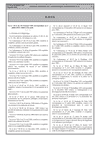
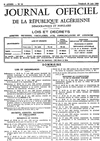
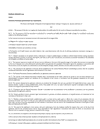

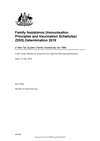
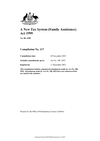
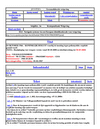
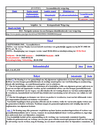
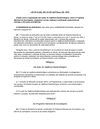
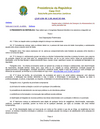
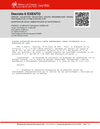
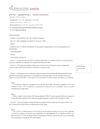
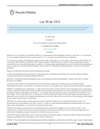
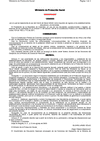
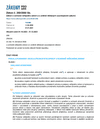
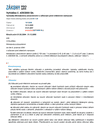
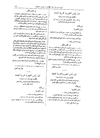
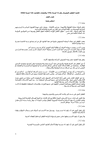
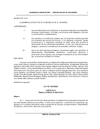
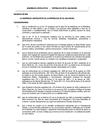
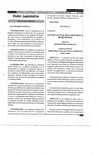
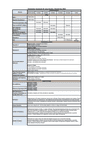
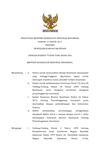
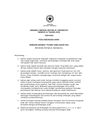
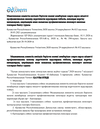
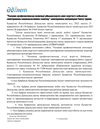
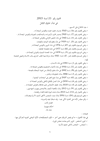
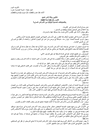
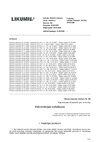
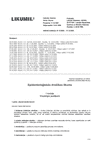

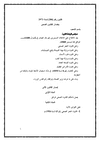
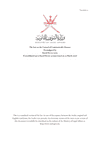
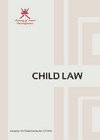
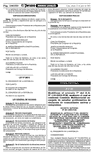
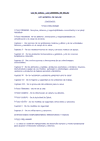
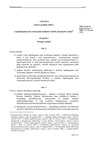
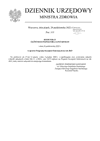
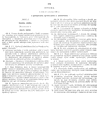
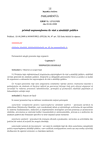
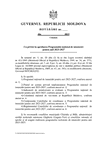
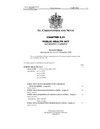
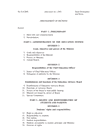
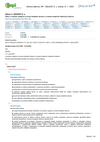
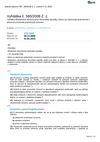
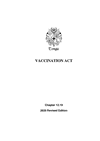
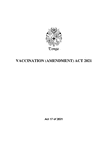
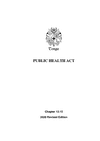
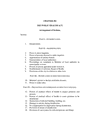
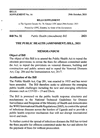
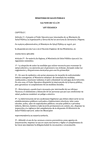
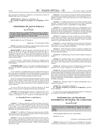
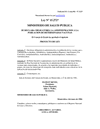
Download
Download a CSV of the country information that is displayed in the map above.
Download topic data